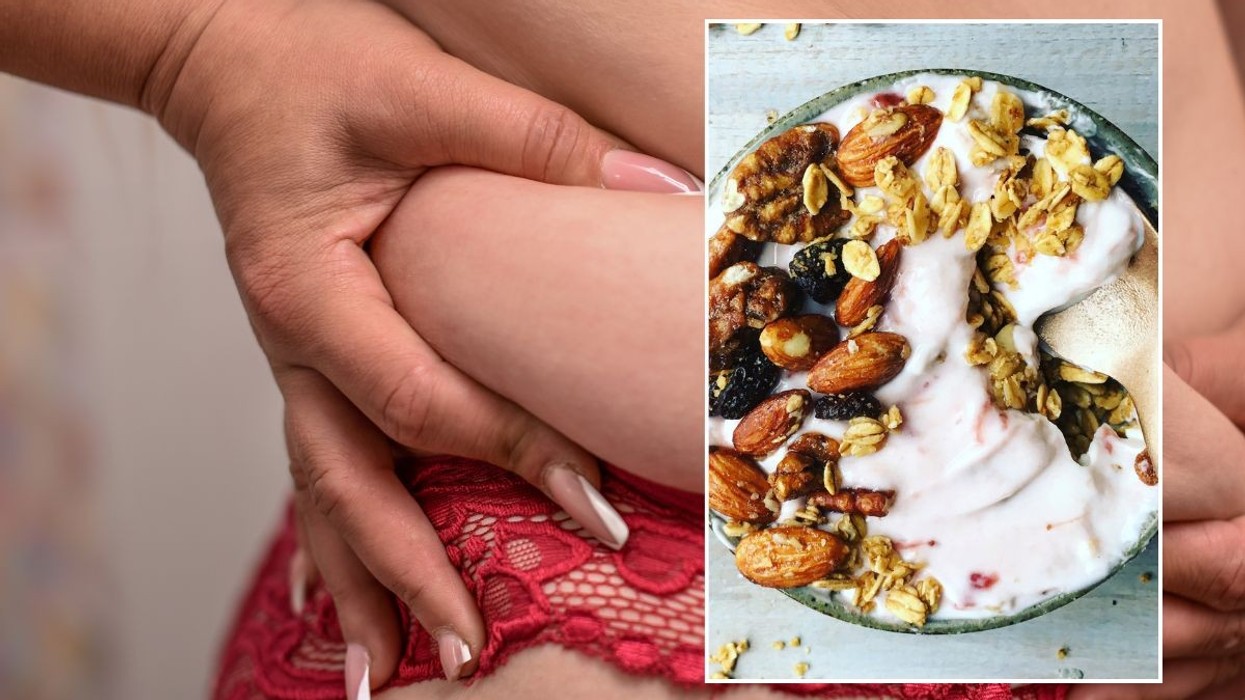Don't Miss
Most Read
Trending on GB News
A rise in National Insurance (NI) that is set to further cripple the UK economy took effect from Wednesday.
The new regulations, as outlined by the Government last September, mean employees, businesses and self-employed will pay an extra 1.25p per pound on everything earned past the tax-free threshold.
The NI hike has been introduced in part to relieve the burden on the NHS following the Covid-19 pandemic.
Prime Minister Boris Johnson has backed the new regulations, saying: “We must be there for our NHS in the same way that it is there for us."
But the rise in NI is not going to be the only tax changes this year, with a string of other "hidden" measures set to come into place.
Rishi Sunak
Aaron Chown
Alongside the NI hike comes a 1.5 percent in dividend tax. This means that for every £1000 divided received, an extra £12.50 will need to be paid.
Chancellor Rishi Sunak also said last month he would be increasing the threshold for paying NI by £3,000 from July.
In his Spring Statement announcement, he said: "From this July, people will be able to earn £12,570 a year without paying a single penny of income tax or National Insurance.
"That’s a £6billion personal tax cut for 30 million people across the United Kingdom."
But the time lag between the NI hike and the change in threshold means people are “on our own”, according to Sarah Coles, senior personal finance analyst at Hargreaves Lansdown.
She said: “The raising of the National Insurance threshold to £12,570 will help protect those on average and lower earnings, but this doesn’t kick in until July, so for the first few months we’re on our own.
Boris Johnson has backed the National Insurance hike
Toby Melville
“The Government’s figures show that a typical basic rate taxpayer on £24,100 will pay £180 more a year – or £15 a month. And while this doesn’t sound too painful, it’s worth bearing in mind that this comes hot on the heels of a raft of major bill hikes – including energy, council tax and water – that typically add more than £80 to our monthly costs.”
The freeze of other thresholds such as personal allowance and higher rate income tax threshold also continues to cause its problems.
Ms Coles told IFA Magazine: “One of the most important things that’s happening is something that’s not changing. The Chancellor announced the freezing of various tax thresholds in the 2021 Budget, and we’re still grinding through the impact of the freeze now.
"It currently affects the personal allowance, higher rate income tax threshold, additional rate threshold, capital gains tax threshold, IHT nil rate band, residence nil rate band, and pension lifetime allowance.
“The impact was always going to be horrible, but at a time when prices are rising dramatically, and for an awful lot of people, wages will rise to keep pace, it means more people facing higher tax bills than expected."
When you take the frozen tax thresholds alongside the NI changes, even when the NI threshold changes in July, the IFS calculates that anyone earning more than £25,000 will be worse off.
State pension and benefits will also rise by 3.1 percent on April 11.
Ms Coles added: “At the same time, state pensions, means-tested benefits and child benefit will rise 3.1 percent, kicking in on the first Monday of the tax year, the April 11.
“This was linked to inflation back in September, just as inflation was starting to climb. It’s already way behind inflation right now, at 6.2 percent, and with the OBR predicting it to hit 8.7 percent at the end of the year, it’s going to fall well behind.”












